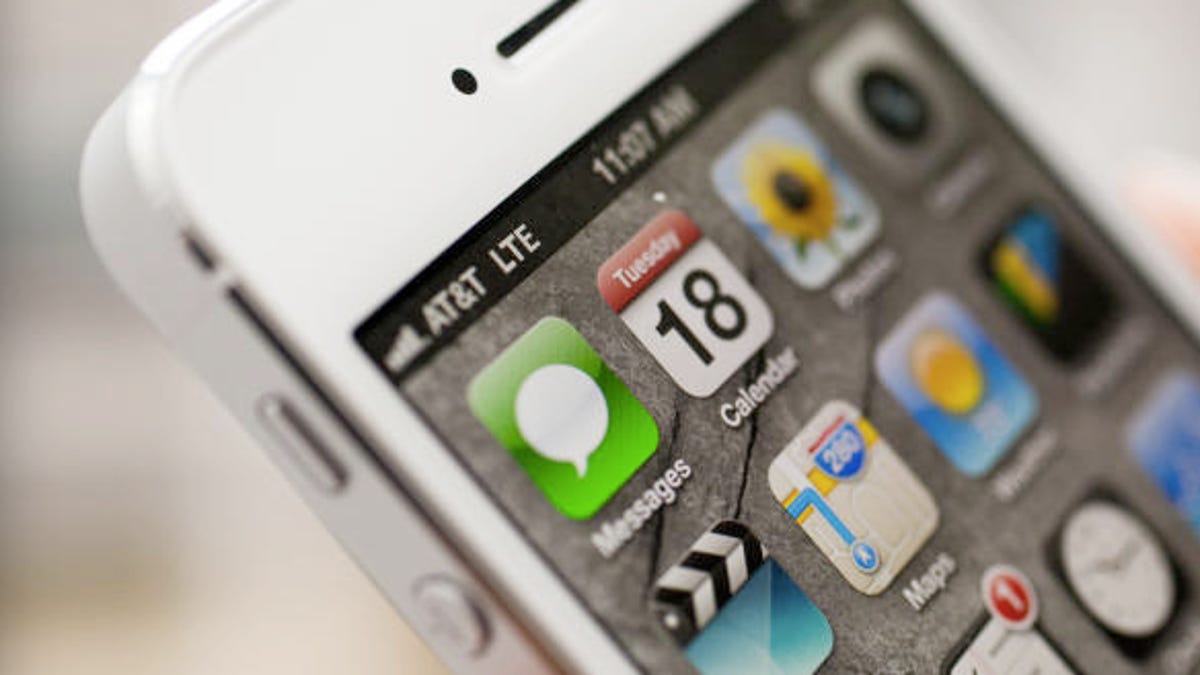European regulators scrutinize iPhone contracts with carriers
The informal antitrust probe comes after carriers complain that Apple's strict terms squelch competition.

Apple's agreements with European wireless carriers that sell its iPhone are being scrutinized by European Union regulators for possible antitrust violations after several carriers complained that terms of the deals squelched competition, according to the New York Times.
While no formal complaints have been filed, a group of European operators submitted details of their Apple agreements to the Commission, an unnamed source told the Times. The antitrust accusations reportedly center on agreements with French carriers, although operators in other countries may be involved.
The European Commission confirmed that it was examining the deals but cautioned that it has not begun an official antitrust investigation.
"We have been contacted by industry participants and we are monitoring the situation, but no antitrust case has been opened," Antoine Colombani, a spokesman for Joaquín Almunia, competition commissioner of the European Union, told the Times.
CNET has contacted Apple for comment and will update this report when we learn more. An Apple spokesperson told the Times that the company's "contracts fully comply with local laws wherever we do business."
People with knowledge of Apple's contracts with the carriers say the terms they must accept are unusually strict, especially for smaller carriers, making it difficult for other handset makers to compete.
Apple typically sets quotas for how many iPhones its carriers must sell over a certain period. The balance for unsold handsets on unmet quotas is the responsibility of the carriers, a source told the Times.
Leap Wireless, which operates Cricket Wireless, recently revealed that it will most likely have sold only half of the iPhones it committed to sell when its yearlong contract concludes in June. That will leave the company on the hook for around $100 million worth of unsold iPhones, according to the Wall Street Journal.

